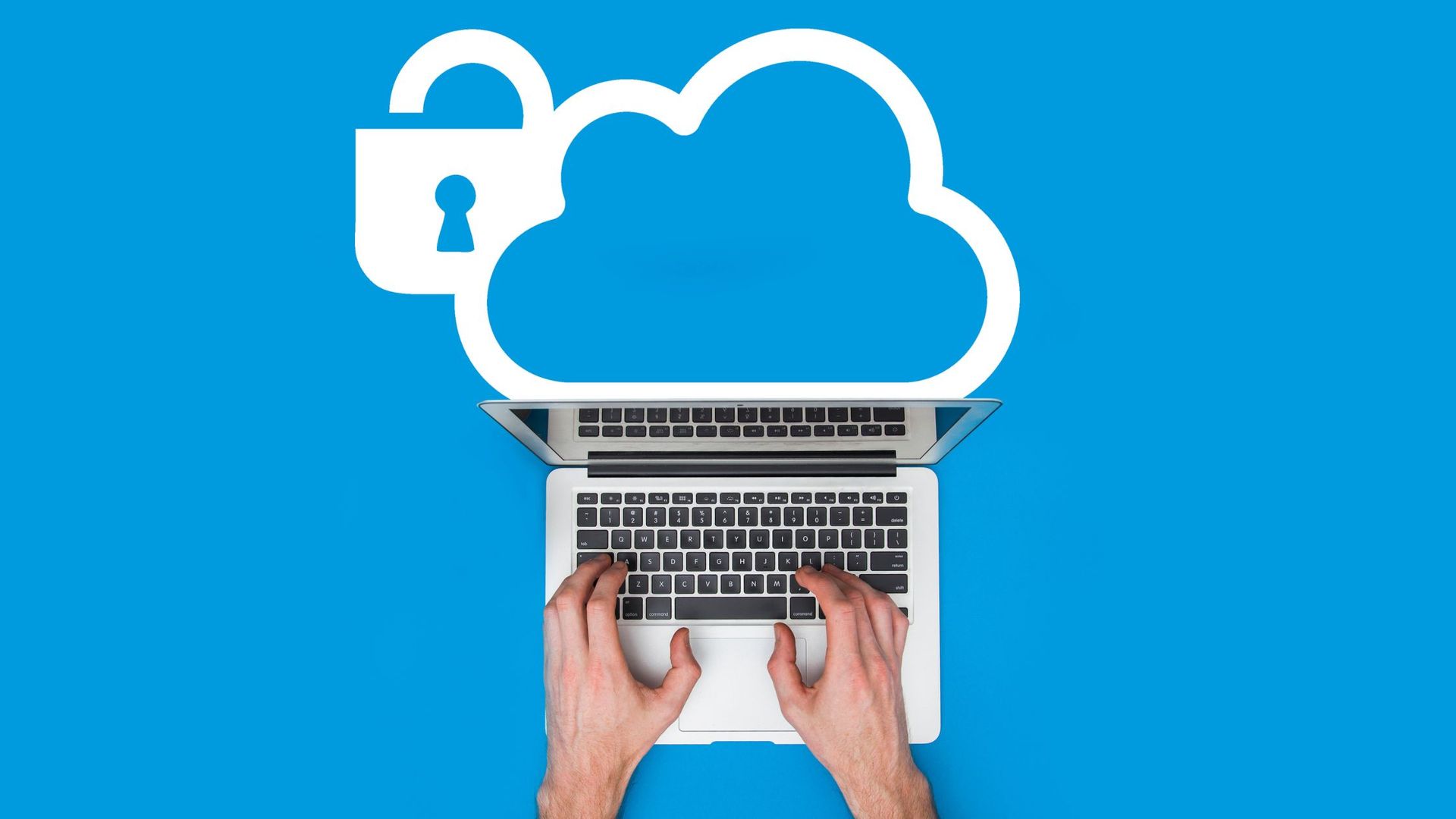Beyond the Hype: Who Truly Benefits from using VoIP Phones?
February 15, 2025
Essex County, you've heard the buzz about VoIP phones: lower costs, increased flexibility, and fancy features. But who truly stands to gain from ditching the traditional line and going VoIP? Let's move past the hype and explore the specific benefits for different user types, helping you decide if VoIP is the right call for you.
Unlocking Value for Businesses:
- Small and Medium Enterprises (SMEs): Escape high costs and limited features of traditional phone systems. Enjoy scalability, remote work capabilities, and advanced features like call forwarding, auto attendants, and voicemail transcription – all at a fraction of the price.
- Startups and Entrepreneurs: Get up and running quickly with affordable, flexible communication solutions. Integrate VoIP with other tools like CRM systems for seamless collaboration and enhanced customer service.
- Remote Teams: Empower your team to stay connected and productive from anywhere in the world. Enjoy crystal-clear calls, video conferencing, and flexible device usage without geographical limitations.
Home Offices and Individuals:
- Frequent Travelers: Stay connected with loved ones or manage remote businesses without exorbitant roaming charges. Make and receive calls anywhere with an internet connection, ensuring seamless communication on the go.
- Cost-Conscious Individuals: Slash your phone bill with VoIP's significantly lower per-minute rates, especially for long-distance and international calls. Bundle your internet and phone services for even greater savings.
- Tech-Savvy Families: Embrace the future of communication! Enjoy advanced features like multi-device use, call blocking, and voicemail transcription, all at a fraction of the cost of traditional lines.
Beyond the Obvious:
- Globally Connected Individuals: Connect with loved ones or colleagues across the globe without breaking the bank. VoIP offers affordable international calling rates, making communication easier and more accessible.
- Environmentally Conscious Users: Reduce your carbon footprint! VoIP utilizes existing internet infrastructure, minimizing reliance on physical phone lines and their environmental impact.
But It's Not for Everyone:
- Heavy Phone Users: If your business or household relies heavily on phone calls, particularly within specific regions, carefully analyze potential savings before switching.
- Limited Internet Access: VoIP requires a reliable internet connection. If your internet service is inconsistent, consider alternative solutions.
- Complex Security Needs: If your business handles highly sensitive information, ensure the VoIP provider offers robust security features and encryption protocols to meet your requirements.
Remember:
- Consider your specific needs and usage patterns. Don't just follow the trend; ensure VoIP aligns with your communication requirements and budget.
- Compare providers based on features, pricing, and security. Choose a provider that offers the features you need at a competitive price while prioritizing your security needs.
- Seek expert advice if necessary. For complex needs or industry-specific regulations, consult IT professionals for tailored recommendations and implementation assistance.



